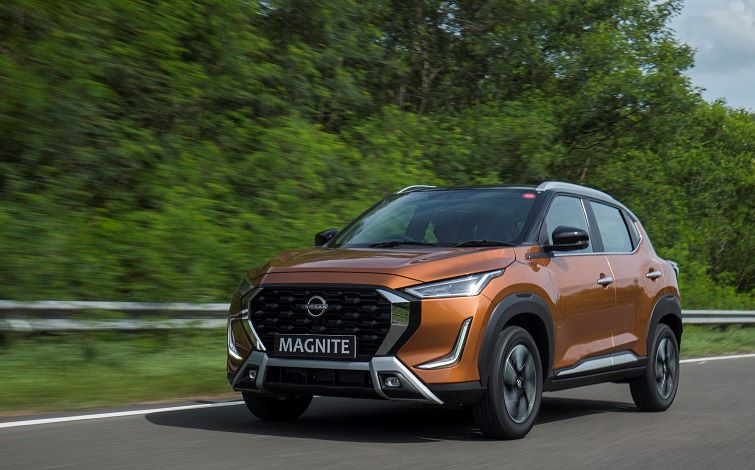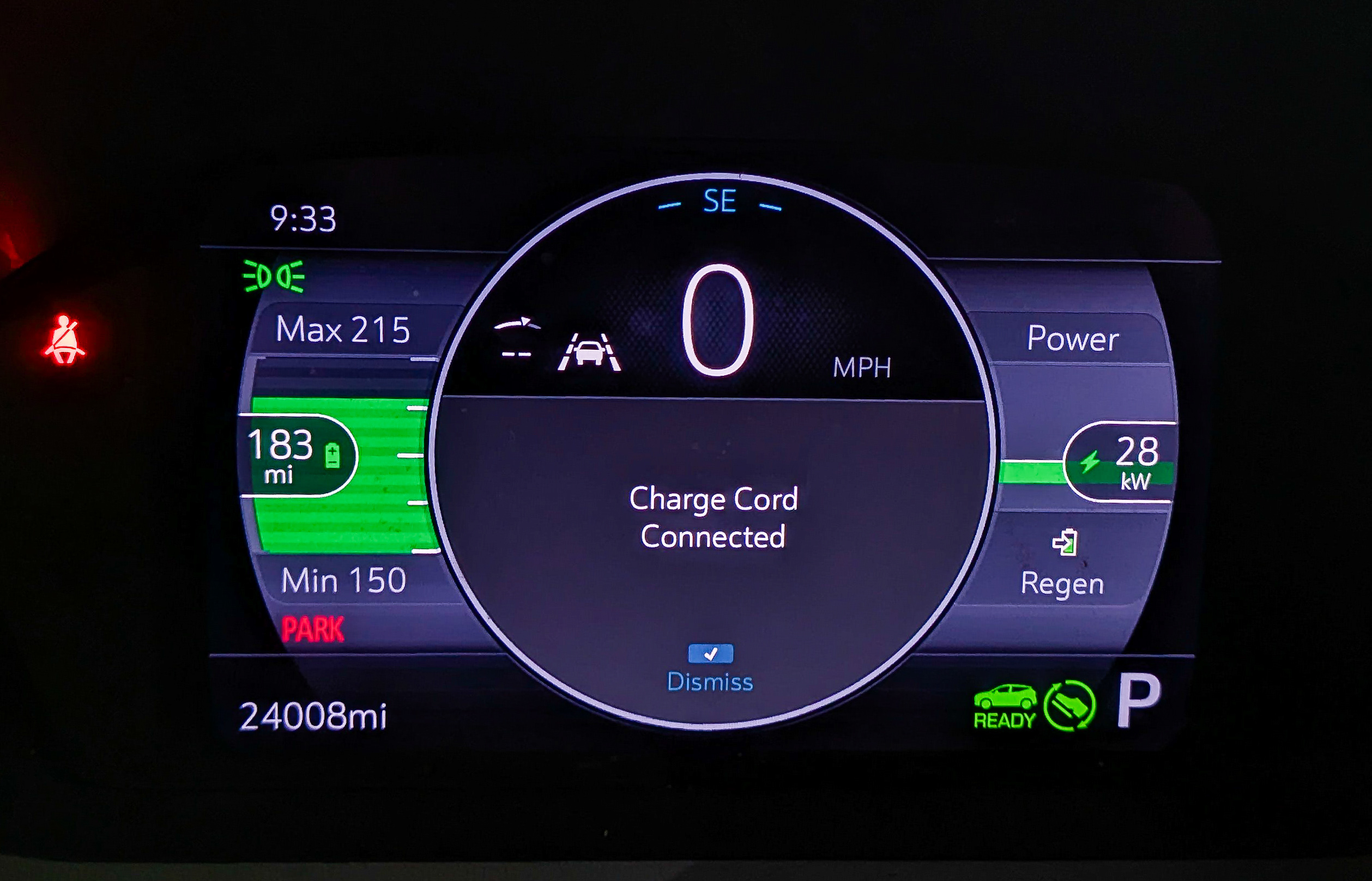
Western mining companies are pushing for tighter restrictions on Chinese competition as the country increases its global market share, according to Reuters.
Over the last few years, Chinese mining companies have flooded the global market with cheap supply of metals used in emerging technologies like EV batteries and solar PV.
Chinese supply of cobalt, lithium and other metals has led Western mining companies to close or limit production. For example, Jervois, which bought land and dug an 8000-foot US cobalt mine in Northern Idaho, told Reuters it has been forced to cease operations before it has even begun due to the global price of cobalt reaching $12.17. The company needs the price of cobalt to reach $20 to operate.
In Australia, mining giant BHP has announced the temporary suspension of its Western Australia nickel operations from October 2024 in response to the global over-supply in the nickel market. With a review of the suspension scheduled for February 2027, many Australians have lost their jobs. To combat this the minister for resources, Madeleine King MP, announced the Australian Government’s “Critical Minerals Production Tax” that will allow those who invest in Australian jobs and critical materials in the country a 10% production tax credit.
The global over-supply of metals has been caused by Chinese-linked companies being able to decrease their prices due to coal-generated electricity, alleged use of child labour and other practices that do not meet the standards held by other governments or manufacturers.
Operational costs for Western companies have now exceeded what the market price will cover, leading these companies to call for policymakers to implement systems to combat rising Chinese competition.
Access the most comprehensive Company Profiles on the market, powered by GlobalData. Save hours of research. Gain competitive edge.

Your download email will arrive shortly
We are confident about the unique quality of our Company Profiles. However, we want you to make the most beneficial decision for your business, so we offer a free sample that you can download by submitting the below form
By GlobalData
A ‘two-tier’ pricing system has been suggested by some companies that will set a premium for sustainably-produced metals.
A system like this could increase Western market share of metal production, but would also radically change how metals are bought and sold. However, two-tier pricing could reduce market transparency with some mining companies dealing directly with customers.
Alongside a two-tier pricing system, tariffs, supply chain transparency and government insurances for mines have also been suggested as potential solutions to combat rising Chinese competition.
World leaders have been implementing changes to affect China’s market control.
The European Union has set a requirement that, by 2027, all electric vehicle (EV) manufacturers will be required to show where they procure their materials and their carbon footprint for production. If manufacturers do not provide the relevant information, their EVs cannot be sold in the region.
The US is yet to take a similar action, but the Biden Administration has set tariffs on critical materials produced in China. In addition to this, representatives from both Australia and Canada have pledged to combat China’s market control of mining through using higher environmental, social governance (ESG) standards and trading in different markets.
Sign up for our daily news round-up!
Give your business an edge with our leading industry insights.




